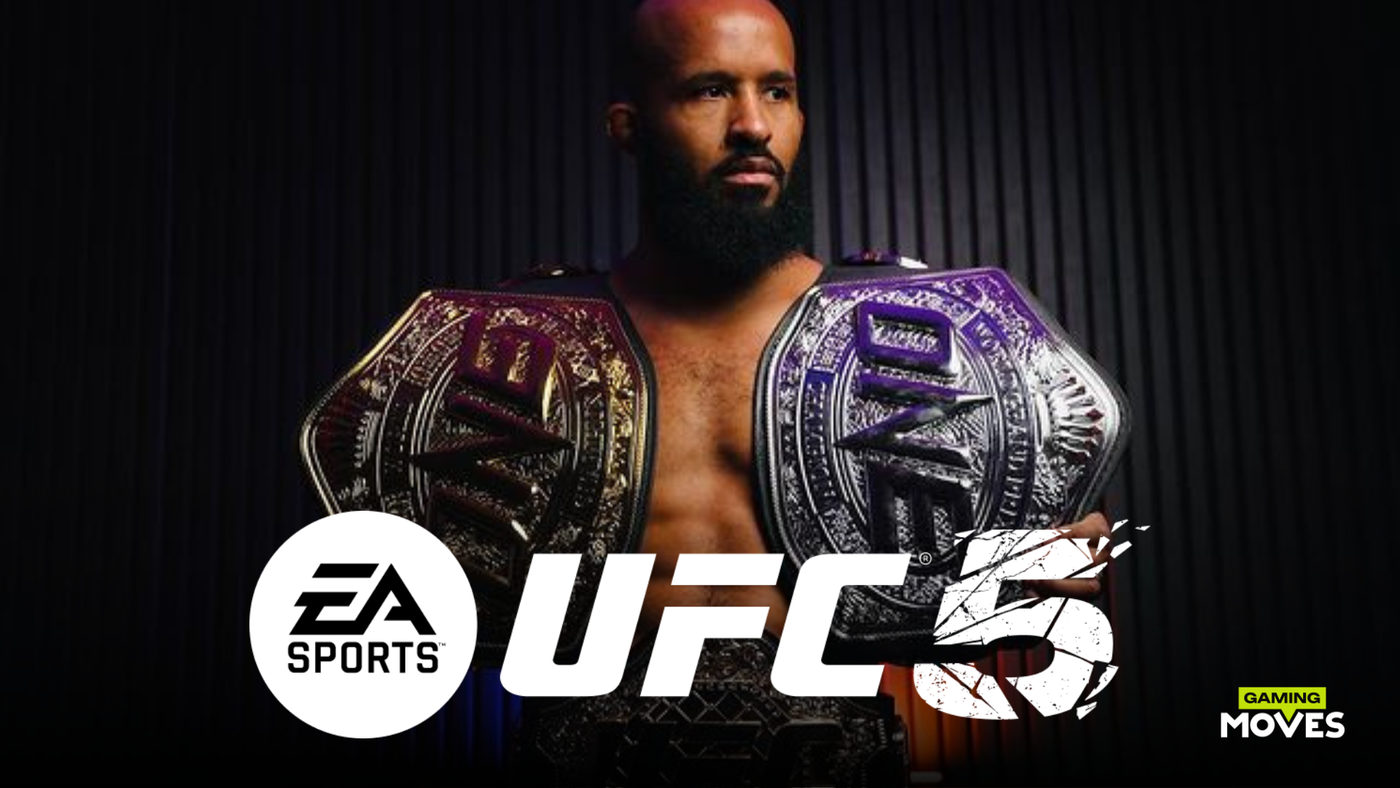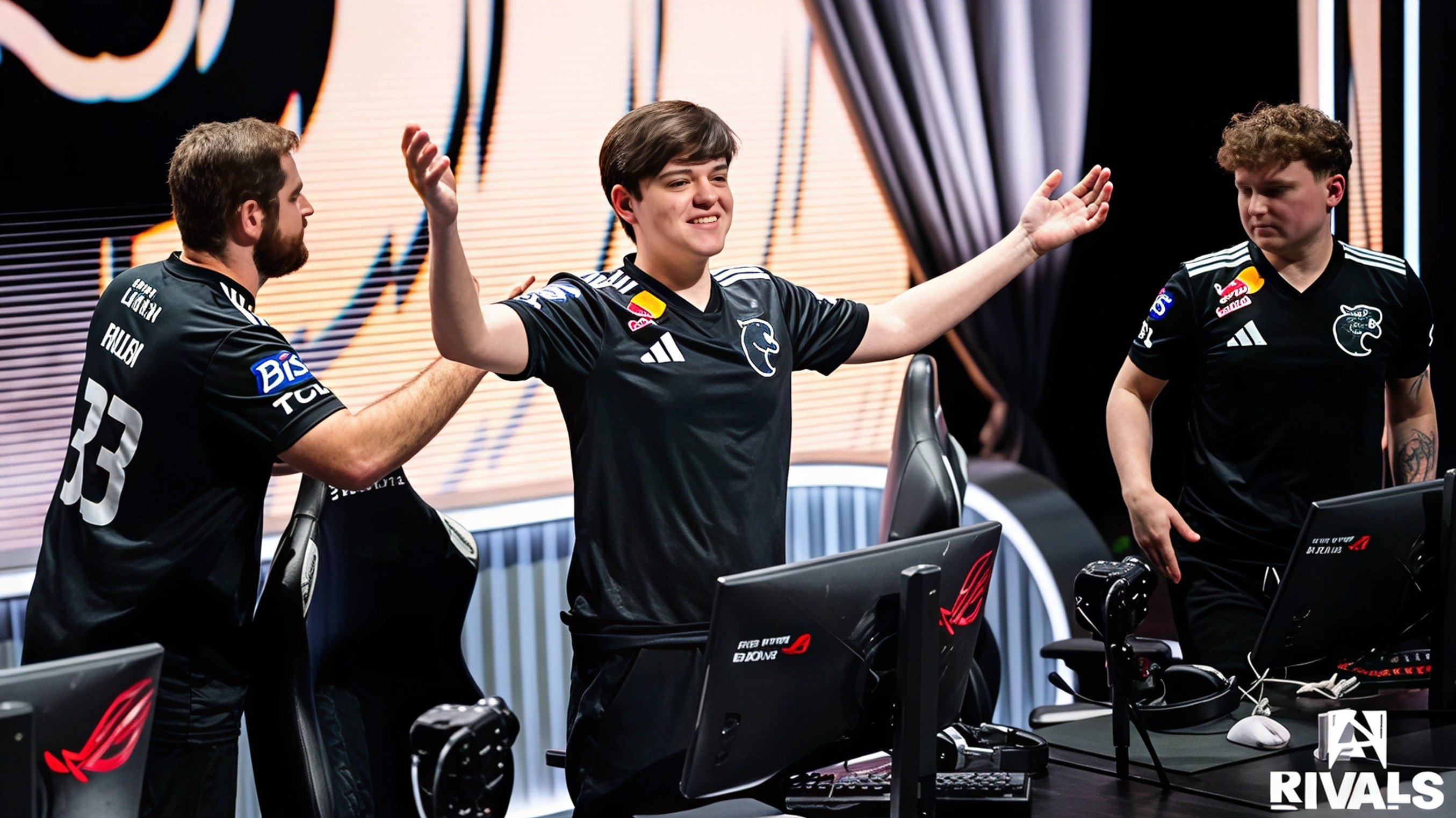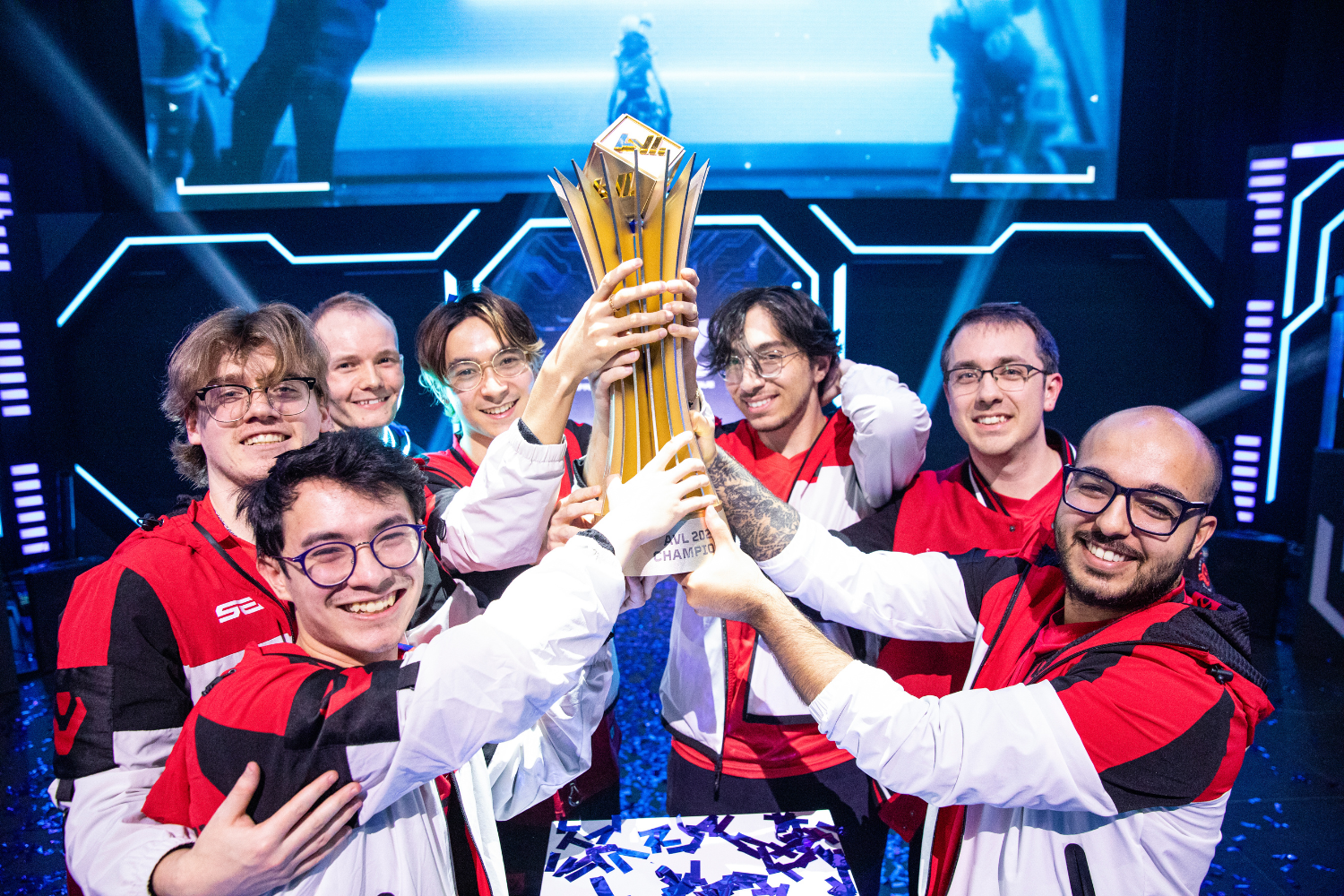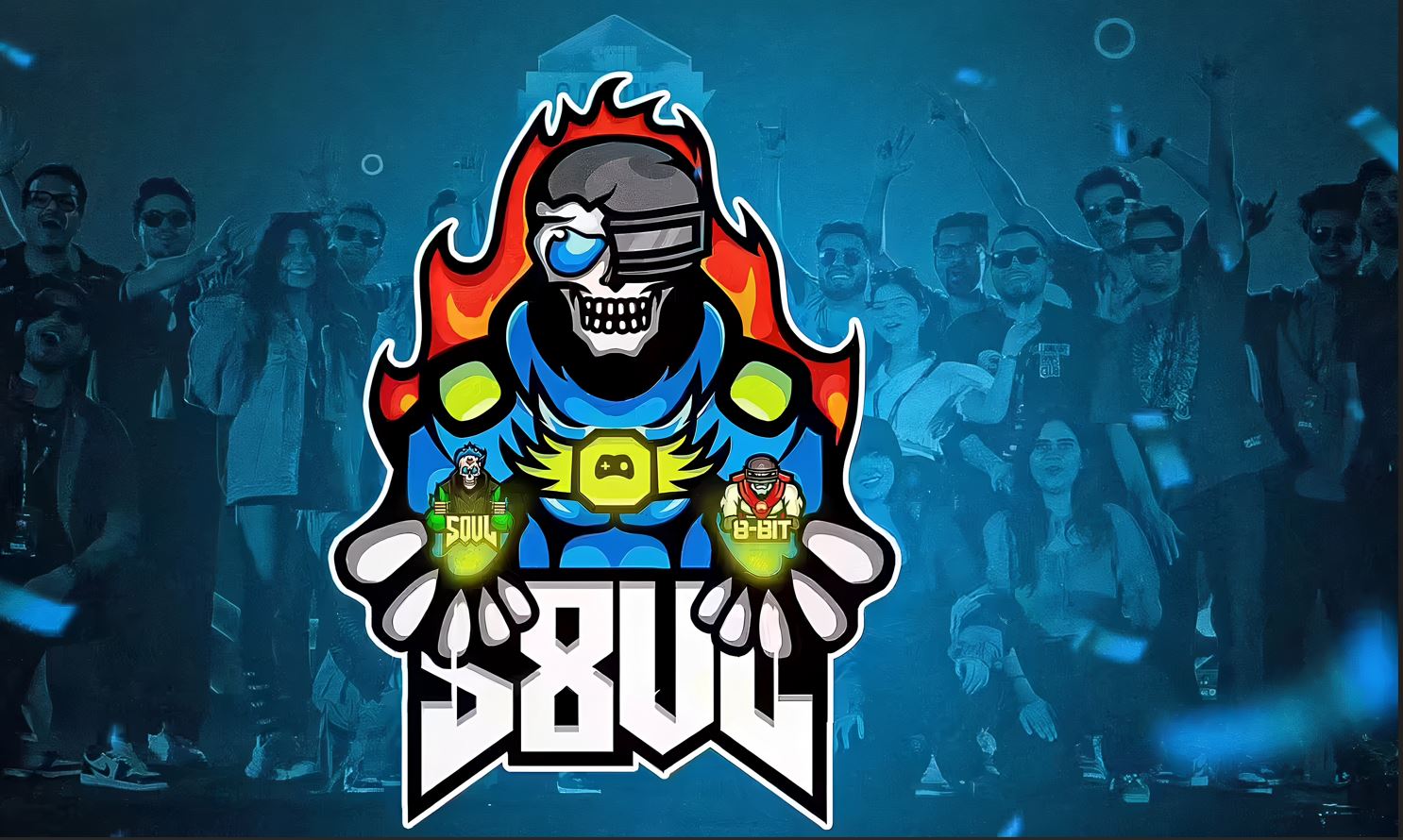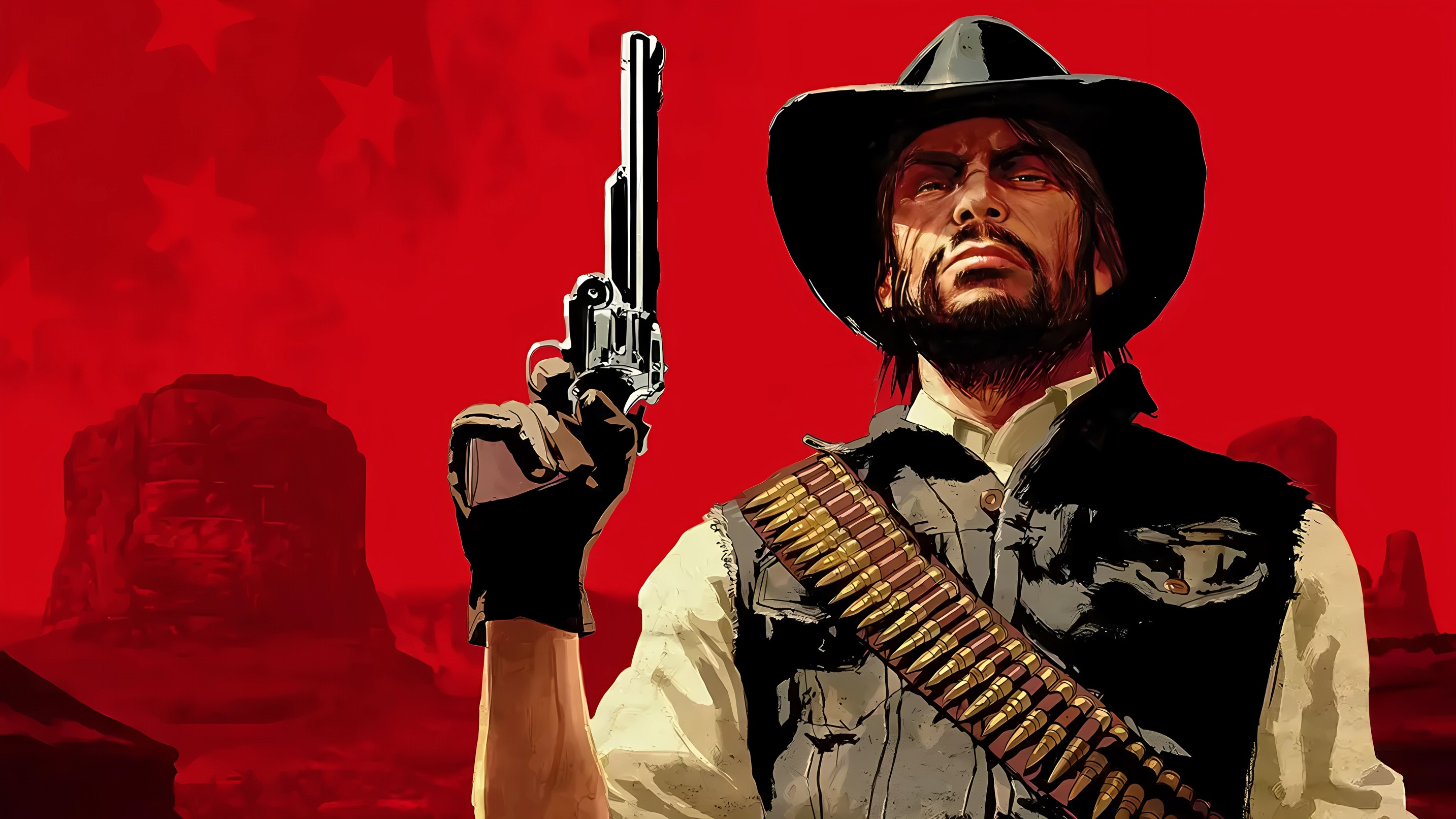Demetrious "Mighty Mouse" Johnson, one of the most celebrated fighters in UFC history, recently opened up about his financial compensation for appearing in the EA Sports UFC video game series. Johnson's revelations about the earnings from his video game likeness provide a unique glimpse into an often-overlooked aspect of athlete compensation in sports video games.
Understanding Video Game Likeness Compensation
Johnson discussed the details of his compensation during a YouTube video, where he explained how the payments were structured. Initially, Johnson received a $25,000 check simply for his likeness being used in the game. This payment was based on the popularity of his character among gamers, a metric tracked through data analytics that monitors which characters players select most frequently.
Payments Tied to Usage and Popularity
The unique aspect of the compensation model is that it's directly tied to how often players choose Johnson's character in the game. "Every time you pick a character, it sends a tick to the mainframe computer," Johnson explained, highlighting how game developers and publishers use these data to distribute royalties. This model ensures that payments are proportional to a character's popularity, which Johnson finds fair and motivating.
Earnings Over Time and Special Editions
Johnson's total earnings from his appearances in the game amounted to just under $75,000 over the years. His payments varied, with some years like the release of EA UFC 3 bringing in $12,500, and additional earnings of $10,000 for his featured role on the cover of the game’s Icon Edition. These figures, though substantial, are relatively modest compared to the overall revenue sports video games generate for their publishers.
Comparison with Other Sports and Video Game Deals
The structure of likeness rights and compensation in sports video games varies significantly across different leagues and sports. For instance, deals with major sports leagues like the NFL and NBA involve much larger sums, reflecting the massive popularity and commercial power of these franchises. In contrast, individual deals like Johnson's demonstrate the range of compensation that less globally prominent sports and athletes might expect from video game appearances.
Future Prospects and Industry Standards
As Johnson awaits further checks from the latest editions of the EA UFC series, his experience underscores ongoing discussions about fair compensation for athletes’ likenesses in video games. This topic remains pertinent, especially as digital media continues to blend more deeply with traditional sports, creating new revenue streams and opportunities for athletes.
Broader Implications for Athlete Compensation
Johnson's contentedness with his earnings from the video games highlights a positive acceptance of supplementary income sources, beyond direct sports earnings. However, it also prompts a broader dialogue about how athletes are compensated for their contributions to the highly lucrative video game industry, which continues to grow and evolve.
This insight into Demetrious Johnson's experience with EA Sports offers a clearer picture of how likeness rights are managed and compensated in sports video games, an area that may see more attention as the digital landscape continues to evolve.

